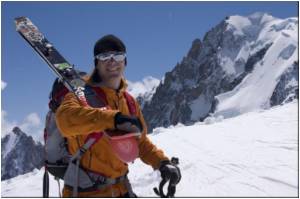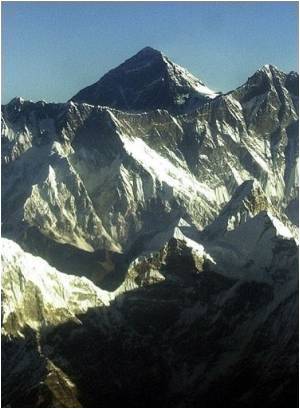Scientists have discovered genes behind chronic mountain sickness, making them attractive targets for treatments against chronic mountain sickness.

To identify and characterize the genes that are involved in adaptation to high-altitude, low-oxygen environments, scientists sequenced the entire genomes of 20 individuals living in the Andes - ten with chronic mountain sickness and ten without. The investigators discovered 11 regions with significant differences between the two groups. In these regions, two genes (a blood cell regulator, SENP1, and a cancer-associated gene, ANP32D) were expressed to a greater extent in individuals with chronic mountain sickness than in those without the condition in response to low oxygen levels.
The team also demonstrated that reducing the expression of these two genes improved survival under low-oxygen conditions both in flies and in human cells. "We showed that the genes that were identified by the whole-genome scan were actually linked causally to sickness in low-oxygen environments," explains co'senior author Dr. Gabriel Haddad of the University of California, San Diego.
Numerous clinical applications could result from the findings. "With further study, the two genes we identified and validated may become potential drug targets for treating conditions related to low oxygen levels, such as strokes and heart attacks. In addition, they may also be considered as targets for a potential drug treatment for chronic mountain sickness," says Dr. Haddad.
Source-Eurekalert










